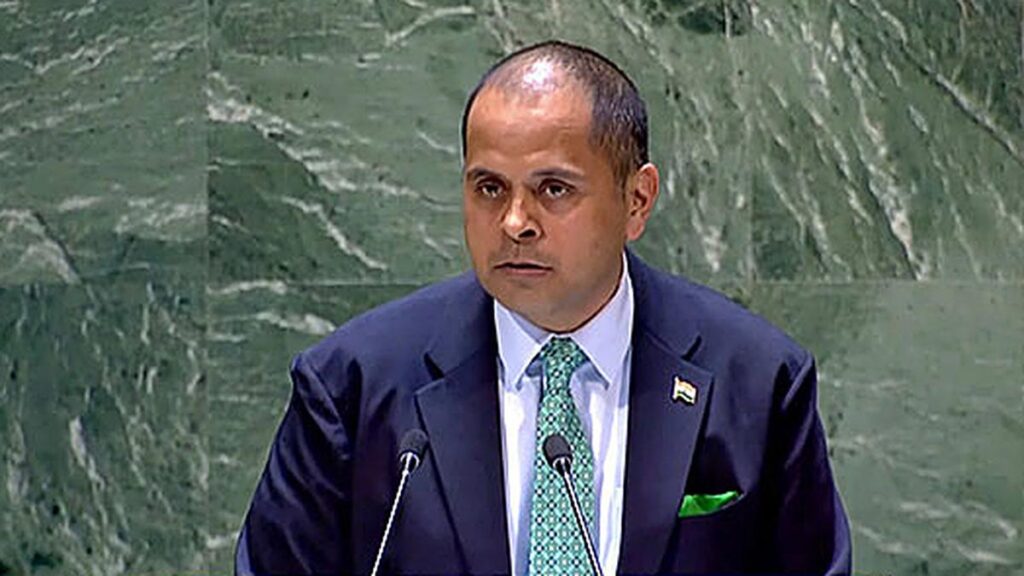Important for
Prelims: International relations
Mains: General Studies II
NEWS: Exercise of veto in UNSC driven by political considerations and not by moral obligations: India.

Context: India has stated that the veto power in the United Nations Security Council (UNSC) is driven by political considerations and not by moral obligations
What is Veto Power?
- Veto power is a special power given to the permanent members of the United Nations Security Council (UNSC), namely China, France, Russia, the United Kingdom, and the United States.
- In the United Nations Security Council, decisions are made with a majority of 9 votes of the 15 Council members’ votes. All decision is rejected if one of the five permanent members of the Security Council makes use of its veto.
The Need for Veto Power:
- It prevents the UNSC from making hasty or poorly thought-out decisions that could have negative consequences.
- The UN veto has in some ways saved the UN as it gives teeth to P5 nations. The League of Nations failed because it didn’t have the power to implement its initiatives
Issues with the use of “Veto Power”:
| ⦁ Issue | ⦁ Example |
| ⦁ Veto immobilizes the ability of the UNSC to act | ⦁ Recently, Russia has vetoed several resolutions that would have put sanctions on it for violating Ukraine’s sovereignty, independence, unity, and territorial integrity. |
| ⦁ “Sovereign equality” is violated | ⦁ The fact that only five countries have veto powers goes against the idea of sovereign equality of states, perpetuating a Second World War mindset of “to the victor belong the spoils”. |
| ⦁ Political considerations over moral obligations | ⦁ The US has used its veto power over 80 times, often for political considerations, rather than moral obligations. For example, in 1972, the US vetoed a resolution that called for an end to its bombing of North Vietnam, despite widespread condemnation and protests. |
| ⦁ Veto has rendered the UNSC passive to certain pressing issues | ⦁ The UNSC stayed silent during major international conflicts, including the 2003 Iraq War, the 2008 conflict in Georgia, and the 2009 deaths of Sri Lankan Tamils. |
| ⦁ Lack of accountability | ⦁ In 2017, Russia vetoed a resolution that would have condemned the use of chemical weapons in Syria, despite substantial evidence of their use by the Syrian government. |
| ⦁ Critics opine the veto power is anachronistic, unjust, or counterproductive | ⦁ The veto power is seen as a disproportionate power and an impediment to credible international action in crises. |
Practice Questions for Prelims
The Security Council of the UN consists of 5 permanent members, and the remaining 10 members are elected by the General Assembly for a term of (UPSC 2009)
A. 1 year
B. 2 years
C. 3 years
D. 5 years
Ans. B




Leave a Reply
You must be logged in to post a comment.